We cultivate enough grains to feed twice as many people as there are on Earth, then why do we let people starve?
We are all aware of world hunger, and most of us want to do something about it. However, what we need to ponder upon is why humans – the smartest of all creatures – are the ones who starve from hunger the most. We cultivate enough grains to feed twice as many people as there are on Earth, then why do we let people starve? Why do kids fall prey to substance abuse? Why are there 690 million people worldwide going to bed hungry and why does one in nine people not have enough to eat?
Before even addressing the ‘why’ part to this major issue, let us ask how we can eliminate world hunger. Many of us might suggest distributing free food, or setting up dedicated channels to distribute free food, or passing some new laws and so on and so forth…
Here, my first question is… are we not doing all that already?
And my second question is… if so, then why isn’t it working?
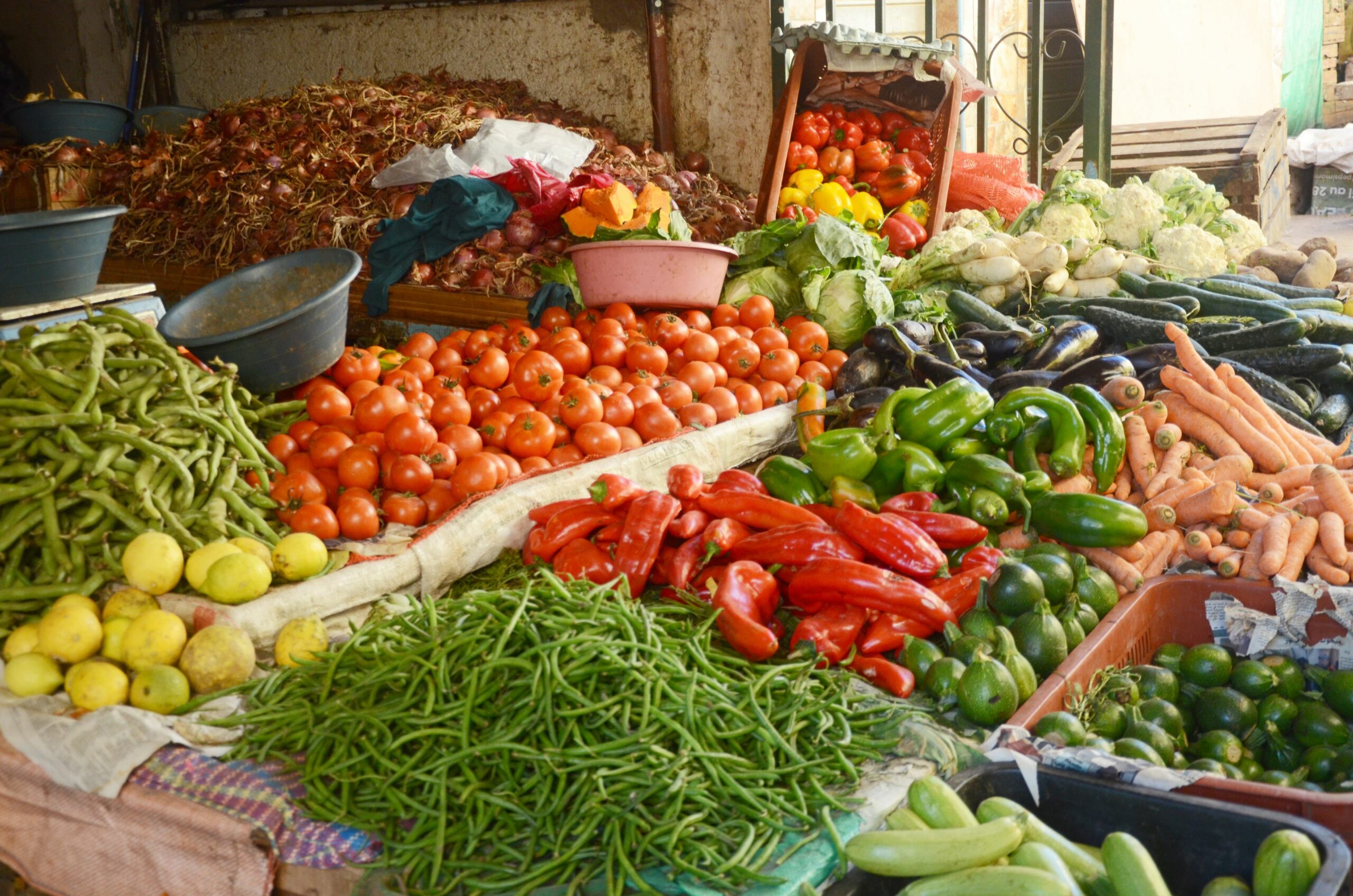
That hunger has not been eradicated from our world is evident from the fact that we have the need to write these articles and to form a network such as the Chefs’ Manifesto. We need to understand a very basic fact, which is that food is not an unaffordable commodity but a necessity. A necessity which is being hoarded and wasted by the ones who can afford it, which leads to the ones who treat food as a necessity getting least of it. And that is the answer to the ‘why’ part of the issue.
Humanity is the only species on this planet that knows how to create a demand and supply for everything, which is not in itself a bad thing. What is wrong is that even though we are intelligent and calculative creatures, when it comes to basic life needs, we do not understand the difference between necessity and desire.
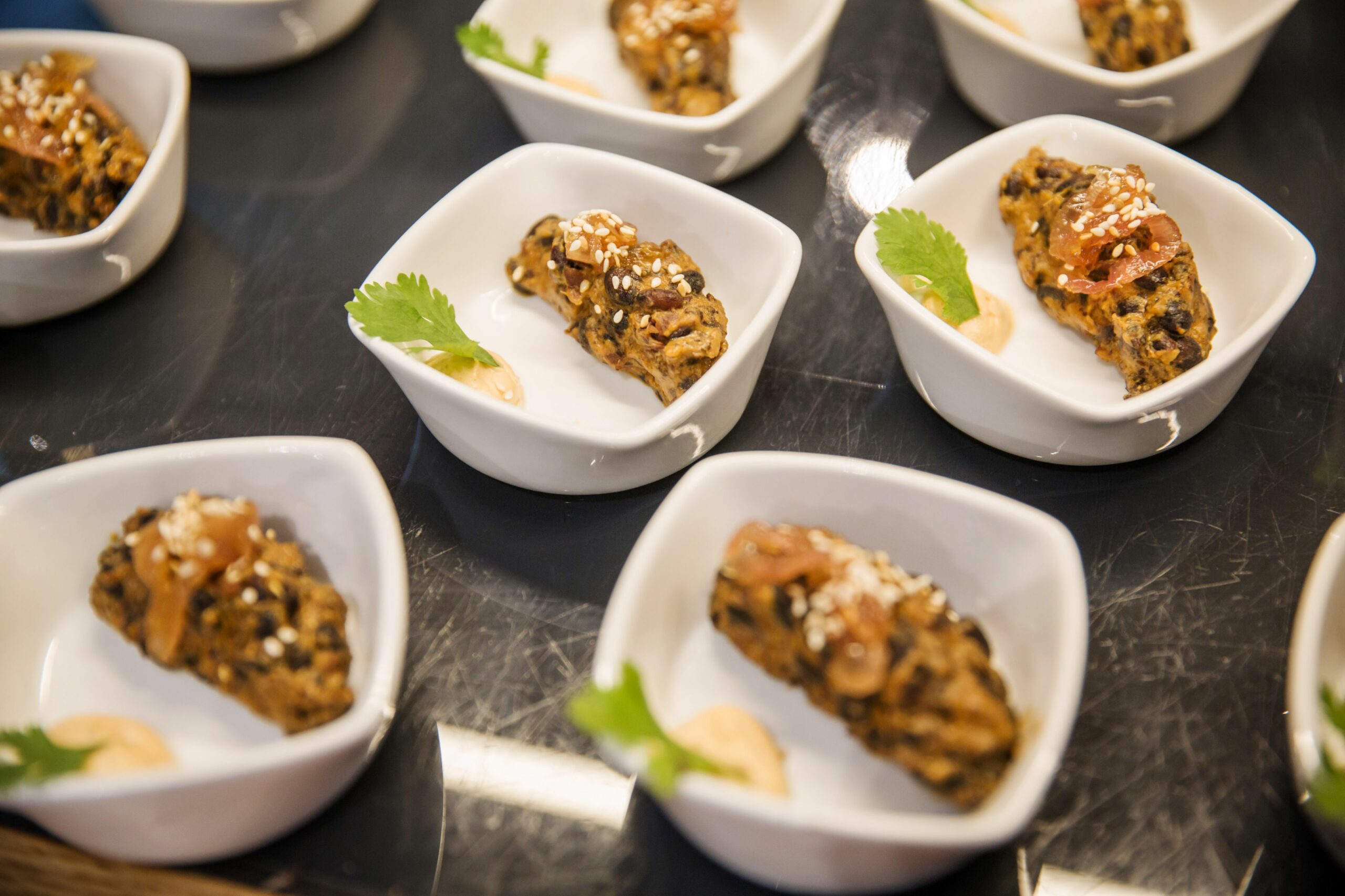
Something similar is witnessed during our Indian wedding seasons. We have these beautiful, extravagant buffets laid out, with endless spreads of delicious dishes, salads, breads and sweets. Instead of choosing the quantity and the composition of our plates wisely, we put more than we can eat. What we don’t think about is that when we put more than we can eat onto our plates, we actually take away the ‘haq’ of other people. That is what desire is! When we need something, we earn it, but when we desire something – when we want something more than it is rightfully ours – we snatch it from others and strip them of their ‘haq’.
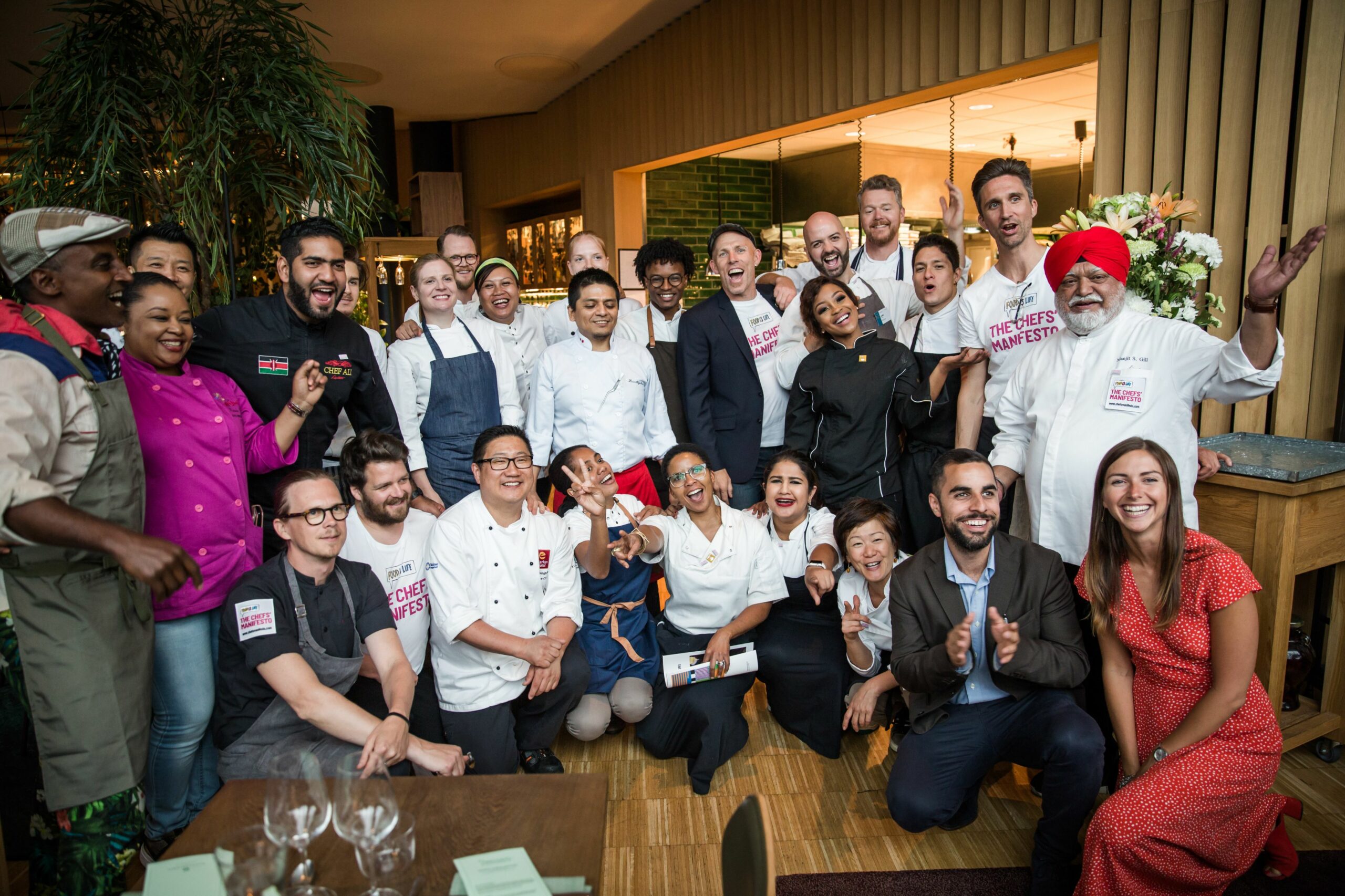
This reminds me of an experience I had in Berlin, where I, along with other prominent Indian Chefs, served a number of people. We crafted a menu and made sure everything was in place for the dinner. I still remember very clearly my astonishment when I realised that there were no dinner plates for the buffet. Naturally, I hurried towards the kitchen and reported my concern to the Banquet Manager, only to discover that that was how it was supposed to be!
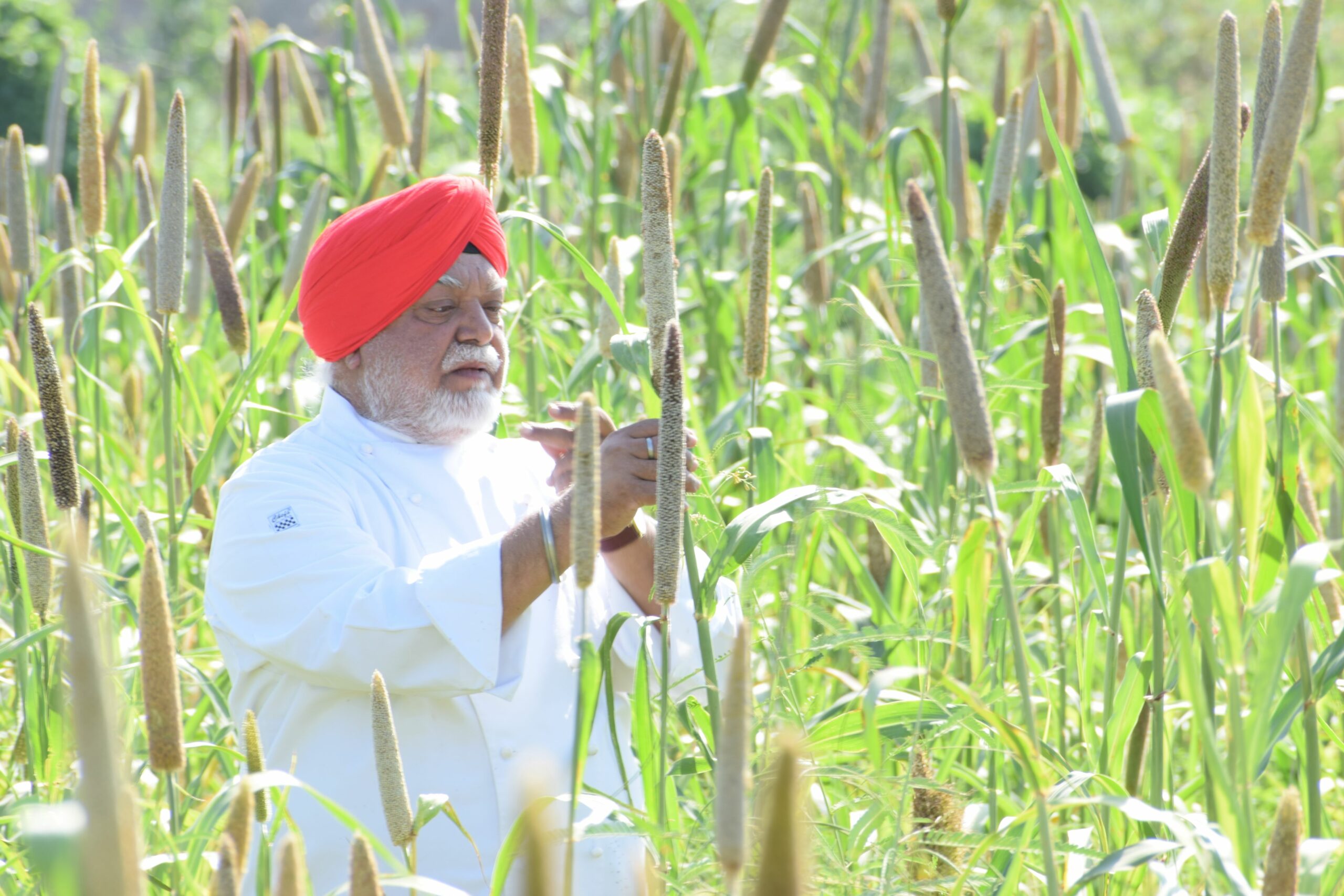
Apparently in Berlin, like in other parts of the world, a standing buffet is served with 8 inches plates to prevent food wastage. Which, if you think about it, is a simple yet smart way to prevent food going to waste. We Indian Chefs had no idea about this practice, so we had estimated the food quantity in the way we do back in our homeland, and we were surprised to see the amount of food left with us! All of this food might have been wasted had it been loaded onto those regular dinner plates.

Also, I would like to provide some clarification on a common notion, which is that Chefs waste food.
Chefs are the ones who need to prepare and sell the food in a manner that is profitable to the restaurant or kitchen. It is irrational to blame Chefs for food wastage as their job is to make the business profitable while keeping the food cost minimal. If any Chef allows more quantity than is required, they will be the first person to lose their job. The onus is on the guests, who demand more than their ‘haq’.
We have initiated our step.
It is your time now!
Each step counts!
Each life counts!
At our Indian weddings, we must make it a point to have a limited menu, in such a manner that it can be pre-plated and thus portioned appropriately. Or we should regulate the size of the plates and thus make sure that people can only put as much food on their plate as they require.
Moreover, if food waste makes people suffer from hunger, it also makes some people consume more than they need, thus harming them, too! Gradual overeating or gradual undereating, both lead to malnutrition. It is a common Ayurveda practice to eat only half of the stomach capacity in order to ensure better absorption and digestion – so by not eating excessively, we do our own bodies and minds good as well!
I plead with every single person, no matter what profession they have, to acknowledge and act on their responsibility to curb food wastage and to ensure good food for all.
Chefs from all around the world have taken a pledge and created the Chefs’ Manifesto to ensure that the food industry delivers a better future of food.
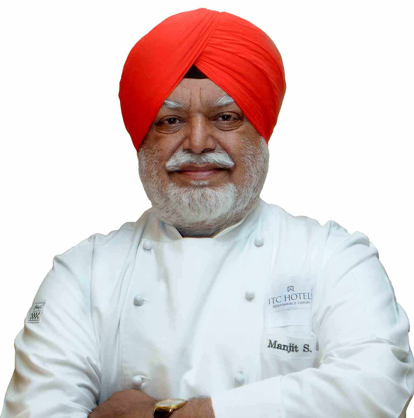
Chef Manjit Gill
Former Corporate Chef, ITC Hotels, Indian Chef Manjit Gill is a highly acclaimed chef with over four decades of excellence in the culinary profession.
Chef Gill has been honoured innumerable times for his formidable work with restaurant brand creation, icons of Indian cuisine such as Bukhara, Dumpukht, Kebab & Kurry, Dakshin, Royal Vega – Honestly vegetarian. Chef Manjit has been awarded the Lifetime Achievement Award from India’s Ministry of Tourism in January 2006; presented the “Punjabi Gold Award” for invaluable contribution to Punjabi community by the World Punjabi Organization in 2007; and received the prestigious Paryatan Ratan (Jewel of Tourism) by Panjab University in March 2016.
Chef Gill is passionate in researching and applying the learning of Ancient Indian Cuisine and a great believer in the sustainable food philosophy of Indian Vedic knowledge – Ayurveda and Slow food.
As President of the Indian Federation of Culinary Associations, Chef Manjit represents India’s membership of World Association of Chef’s Societies – WorldChefs. He is currently serving as chairman of the WorldChefs’ Culinary Culture and Heritage Committee.







